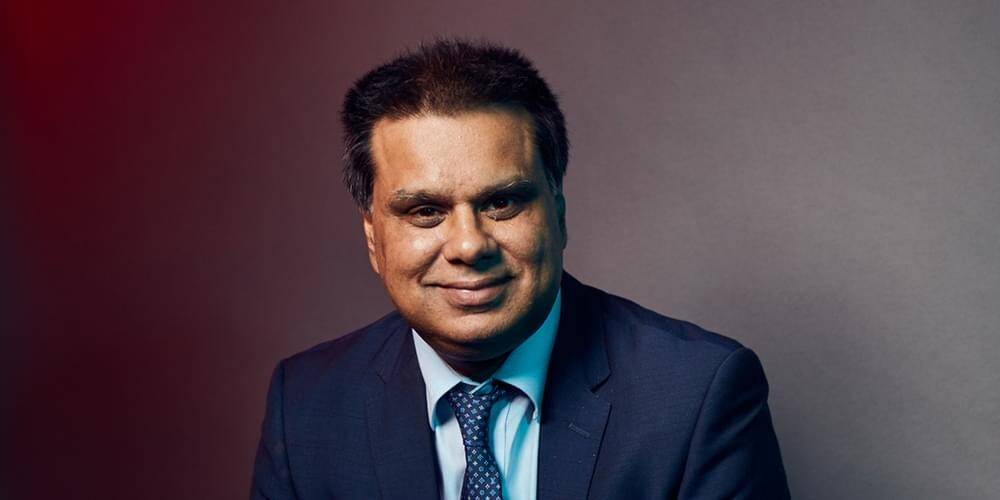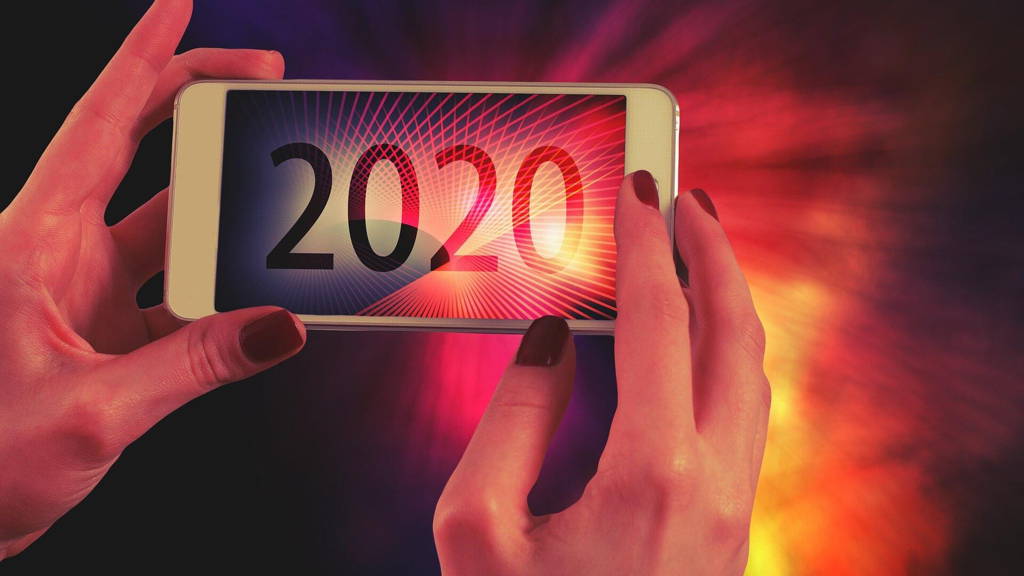We will gain a better understanding of how to manage large amounts of patient data. The year 2019 highlighted issues of patient confidentiality with major tech firms. This needs a consensus in 2020 to allow data-driven healthcare to empower decision making for clinicians and patients
Denise Silber

It’s a New Year’s tradition to announce new trends in digital health technology. Yet, the previous year’s trends don’t really disappear. Digital health technologies are likely to be around for decades before the average patient gets to benefit from them, if at all. Health systems, providers, and other stakeholders have to keep abreast of multiple technologies and juggle with many uncertainties.
Artificial Intelligence is grabbing a lot of attention in healthcare. It occupies the headlines with spectacular claims, and its applications are endless: drug development, diagnosis, personalized medicine, patient monitoring. Babylon Health, with its AI chatbot, was valued at $2B in 2019. Sales for the health chatbot market were estimated at only $36.5M in 2018. Nonetheless, Accenture predicts that AI will reach $6.6B in 2021.
A favorite of mine is Virtual Reality. VR is not only effective; it is also riding on the societal trend of improving the human experience with tech. VR is segmented into education, training, and simulation on the one hand, and pain management, rehabilitation, and post-traumatic stress disorder on the other, and there are additional therapeutic benefits. The global VR for the healthcare market was estimated at $260M in 2018 and could reach $3.4B by 2027.
Blockchain is a hot topic because it seems to respond to a worldwide cry for greater transparency and trust around health data. This market was estimated at $44.6M in 2017 and could grow at 67.1% per year through 2023.
At the same time, telemedicine, a decades-old, not particularly sophisticated technology, is coming of age. Between its B2B tele-expertise market (teleradiology, telepathology, telecardiology, teledermatology) and B2C real-time distance consultation and at-home diagnostics, telemedicine benefits from a growing societal need for on-demand service anywhere, anytime. The telemedicine market, forecast to reach $30.12 B by 2026, would be second only to another decades-old market, the electronic medical record, forecast at $38 B in 2025!
I will end with another digital health trend that interests us all. It is not a specific technology but a goal, and that is to achieve “human augmentation using technology.” Multiple product categories can help enhance a person’s cognitive and physical experiences: sensors, implants, exoskeletons, prosthetics.
Professor Shafi Ahmed

2019 was the era of hype. I think 2020 will be the year of real-world applications and there will be a fundamentally better understanding of AI and its possibilities and limitations. The NHS will have an investment of £250 million for an AI Lab to help solve some of healthcare toughest challenges, including earlier cancer detection, discovering new treatments, and relieving the workload on the NHS. 2020 will also see the launch of the first AI University in Abu Dhabi opening in September, educating some of the global workforces to deliver these ambitions.
2020 will be the year of the “surgical robot wars” as new players are coming into the market to challenge the domination of the Da Vinci. Cambridge Medical Robotics, Medtronic, Johnson & Johnson/Google, Dexter amongst others will be releasing more affordable, modular and portable robots, which will reduce the capital's costs and price per procedure.
We will also gain a better understanding of how to manage large amounts of patient data. The year 2019 highlighted issues of patient confidentiality with major tech firms. This needs a consensus in 2020 to allow data-driven healthcare to empower decision making for clinicians and patients.
The rollout of 5G will help facilitate the internet of medical things. It may be the missing piece of the jigsaw to allow wearables and sensors to assist real-time monitoring as well as powering telemedicine, telepresence and even telesurgery.
Virtual Reality will finally be offered to patients for a variety of medical illnesses that may be reimbursed by the payer as an alternative to conventional medical therapies.







